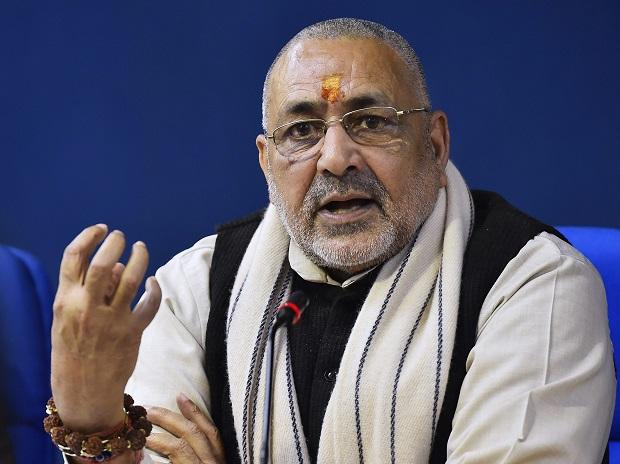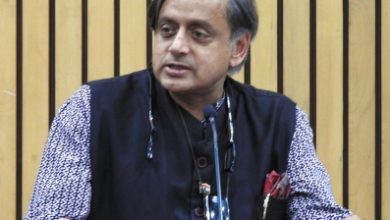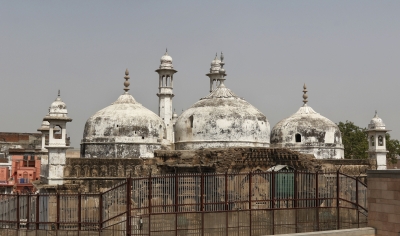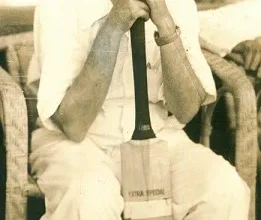Govt Introduces Bill To Record, Store Biological Sample Of Criminals
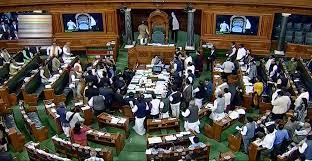
New Delhi, March 28: A Bill which empowers police to record and store ‘measurements’ of a person for identification and investigation in criminal matters and to preserve such records was introduced in Lok Sabha on Monday, even as several MPs called it unconstitutional and opposed the introduction.
The ‘measurements’ defined in the Bill includes finger print, palm print, foot impression, photograph, iris or retina scan and physical and biological samples.
The Bill empowers National Crime Records Bureau of India to collect, store and preserve the record of measurements, and for sharing, dissemination, destruction and disposal of records. The Bill empowers a Magistrate to direct any person to give measurements, and it also empowers police or prison officer to take measurement of any person who resists of refuses to give measurement, Home Minister Amit Shah said in the Statement and Purpose of the Bill.
The data collected under the Bill can be stored in digital format for 75 years. So far, under the Identification of Prisoners Act, 1920, the term ‘measurement’ was limited to finger impression, footprint of a limited category of convicted and unconvicted persons, and photographs on order of magistrate.
Several Opposition MPs called the Bill ‘unconstitutional’, and opposed its introduction. They also sought a division or voting in the House, in which the Opposition was defeated.
The Bill was moved for introduction in Lok Sabha by Minister of State for Home Ajay Mishra Teni. Mishra, whose son Ashish Mishra is an accused in the Lakhimpur Kheri incident, was jibed at as an opposition leader said his ‘measurements’ should also be collected. Mishra said, “I fought for Lok Sabha in 2019 as well, if there is a single case against me, if I have been to police station or jail even for a minute, I will retire from politics”.
As the Bill was moved, Congress leader Manish Tewari said the Bill was in derogation of Article 20 (3), and Article 21 of Constitution of India and therefore beyond the legislative competence of this House. He said clause (3) of Article 20 declares that no person accused of an offence shall be compelled to be a witness against himself. Tewari also said the words “biological sample” and their analysis could extend to narco analysis and brain mapping. He said the implied use of force to take measurements violates the rights of prisoners laid down in a number of SC judgments, and also takes away the “right to be forgotten”.
“This assembly must seriously deliberate whether it is in legislative competence of the treasury to sponsor legislation which squarely hits fundamental rights guaranteed to citizens of India, and if it is in legislative competence of this august house to consider such illegal legislation, that is my objection to the Bill,” he said.
RSP member NK Premchandran mentioned the provision for collecting biological samples, and said, “If I am arrested in picketing the collector for any genuine demand, and an FIR is lodged against me, DNA test can be taken from me… what is this?” “Basic human right of a person is being taken away,” he said.
Saugata Roy of TMC questioned why suddenly it struck the Home Minister that biological samples of people should be taken. “Has crime gone up suddenly? What is the reason?” he questioned. “This law violates basic human rights,” he said.
Congress leader Adhir Ranjan Chowdhury said the Bill empowers police and court to take samples of undertrials or people suspected to be involved or there is a “presumption” the person may do an illegal act in the future. He said it was in violation of Right to Freedom and Personal Liberty, and added it is also against the right to privacy. He also said the Bill may do more harm as there is no data protection Bill in the country.
Ritesh Pandey from BSP said the government is creating pressure on citizens through the Bill so that they stay away from protests. Mishra said in the age of new technology, the trends of crimes have changed and so there is a requirement to update the law. He said the data of those who are not convicted, or have been released by the court, will not be saved unless the court says so.
Opposition MPs pressed for a division of votes as they opposed introduction of the Bill. Speaker Om Birla later said, subject to correction, 120 MPs had supported the Bill, while 58 opposed it. The Bill was introduced in Lok Sabha despite protests.


